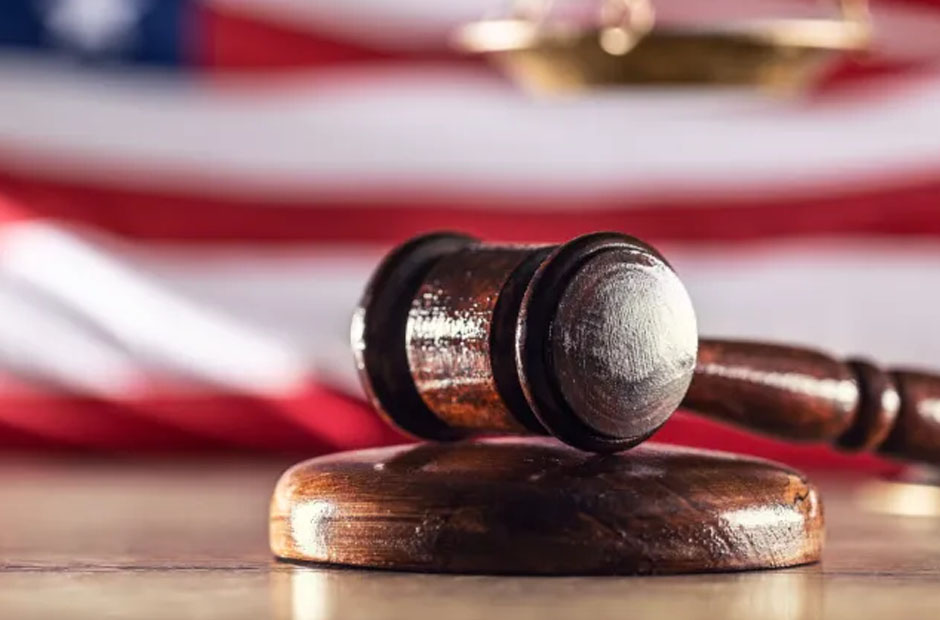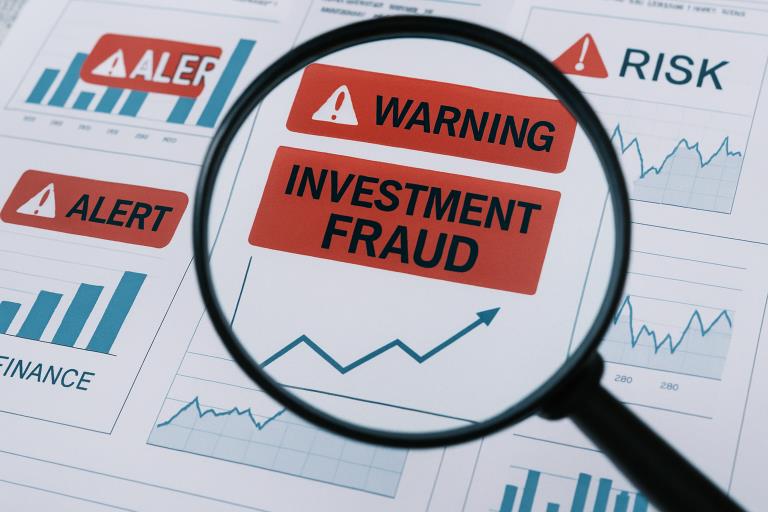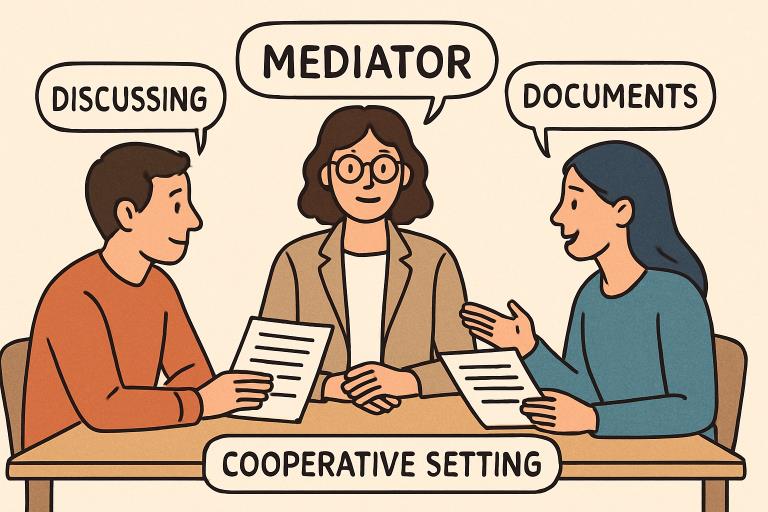Now Reading: How Legal Challenges Shape Democracy in the United States
-
01
How Legal Challenges Shape Democracy in the United States
How Legal Challenges Shape Democracy in the United States

Key Takeaways
- Legal challenges play a pivotal role in defining modern democratic practices in the U.S.
- The courts act as arbiters for key issues surrounding voting rights, executive power, and societal equity.
- Recent high-profile lawsuits have highlighted ongoing debates surrounding civil liberties and electoral law.
- Staying informed about legal proceedings helps citizens better understand the evolution of their rights and responsibilities.
- Major cases often set the stage for broader legislative or policy changes nationwide.
Democracy at the Intersection of Law and Politics
The United States has long stood as a beacon of democratic governance, with its institutions intricately woven together by law and civic engagement. Legal challenges have become defining moments in American democracy, both reflecting and shaping shifts in political power, public opinion, and societal norms. From disputes over election results to legislative battles on civil liberty, lawsuits represent more than just legal wrangling—they serve as touchstones that clarify, and at times reimagine, the boundaries of democratic practice.
Throughout history, critical legal battles have influenced government actions and set national precedents. For example, moments like Brown v. Board of Education redefined education and civil rights, while recent cases continue to reverberate throughout society. High-profile litigation, such as those found in the Trump lawsuits history, illustrate how court cases can steer public debate and impact policy at every level of government.
These cases are not isolated events. Whether challenging the policies of sitting presidents, scrutinizing election procedures, or contesting legislative initiatives, litigation often acts as an instrument for democratic accountability. The courtroom, therefore, becomes an arena where the principles of fairness, justice, and equality meet the realities of political competition and governance.
Understanding the richness and complexity of these legal battles helps illuminate how democracy constantly evolves. As government authority, civil liberties, and societal progress come under scrutiny, American democracy demonstrates its resilience through its willingness to confront contentious issues in the courts.
The Courts as Guardians of Civil Liberties
The judiciary serves as a bulwark against the erosion of civil rights, safeguarding the principles on which American democracy is built. Courts have historically protected the right to vote, acted as mediators in disputes over fairness, and overturned prejudicial laws. Cases like Shelby County v. Holder show how pivotal these judicial interventions can be, reshaping access to the polls and influencing the trajectory of federal and state legislation.
A comprehensive history of voting rights in the United States reveals a persistent tug-of-war between progress and backlash, with courts often at the center of the debate. In more recent years, challenges to voter ID laws, gerrymandering, and election security have underscored the ongoing discussions about what it means to have a truly representative government.
Executive Power and the Rule of Law
A hallmark of the U.S. system is the balance of power among the branches of government. The courts consistently play a critical role in reining in executive overreach and ensuring the rule of law is maintained. Landmark cases(ranging from United States v. Nixon to more recent rulings on travel bans) demonstrate that not even the highest offices are above scrutiny.
These decisions do more than settle immediate disputes; they recalibrate expectations for the conduct of officials and set durable precedents that influence how future administrations govern. As legal challenges test the boundaries of executive authority, they ultimately help define the nation’s constitutional equilibrium.
Societal Changes Driven by Litigation
Legal action has repeatedly sparked or accelerated movements for greater equality in American history. Cases involving civil rights, LGBTQ+ protections, and immigration policy have, at times, created sweeping changes in public attitudes and laws. The Supreme Court’s decisions on issues like marriage equality and affirmative action reveal the enduring power of litigation as a force for societal transformation.
The ripple effects of these judicial decisions are far-reaching and extend beyond the courtroom. An in-depth examination of the Supreme Court’s decisions reveals their profound impact on American society, influencing everything from local school policies to national debates about rights and identity.
Recent High-Profile Cases and Their Broader Implications
In recent years, cases like those challenging election results, presidential powers, and reproductive rights have dominated headlines. The legal dominoes set off by such high-profile litigation often prompt legislative, regulatory, and even cultural shifts. As patterns emerge—such as increasing court involvement in electoral disputes—Americans gain insights into the challenges facing their democracy.
These headline-grabbing moments highlight larger questions about the resilience of democratic institutions under pressure. Each new case is a reminder of the ongoing contest between competing visions for the nation’s future and the vital role courts play in negotiating that contest.
Citizen Engagement: Why Staying Informed Matters
A well-informed citizenry is crucial for the health of any democracy. Understanding court decisions, tracking significant lawsuits, and recognizing the issues at stake in high-profile cases empower individuals to participate thoughtfully in civic life. Following legal developments through reputable news sources, such as NPR’s law section or well-established legal reporting outlets, ensures that citizens remain engaged in the processes that shape their rights.
Timely awareness empowers the public to advocate for change, hold elected leaders accountable, and engage in meaningful debates on issues that directly affect their lives. In a rapidly changing legal landscape, staying informed helps bridge the gap between the courtroom and the voting booth.
Challenges and Future Directions for Democratic Litigation
As the United States faces emerging challenges—ranging from the impact of technology on privacy to polarization over voting access—the importance of litigation in defining democratic norms will likely intensify. Legal scholars anticipate new dilemmas at the crossroads of free speech and digital platforms, as well as further disputes over state and federal powers.
Being attentive to the direction of legal trends allows citizens and policymakers to prepare for the debates and reforms ahead. Lawsuits will remain a cornerstone of democratic evolution, providing structured avenues for contesting injustice and defining the nation’s character.
Conclusion
The robust system of legal challenges in the United States serves as a testament to democracy’s adaptability and resilience. Through pivotal court battles, landmark decisions, and ongoing disputes, litigation continues to clarify, contest, and expand the fabric of American civic life. As the country looks to the future, staying vigilant and informed about legal proceedings remains essential to safeguarding democracy for generations to come.





















